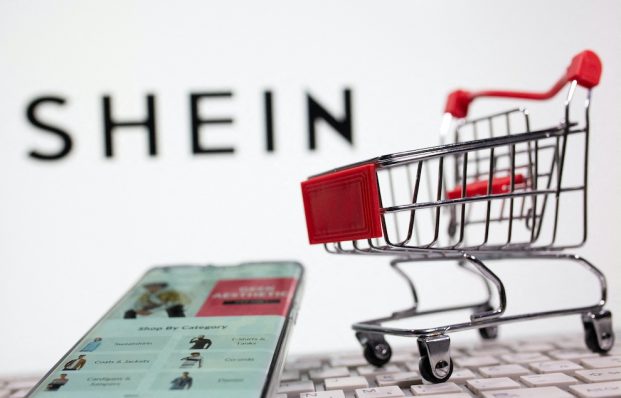US lawmakers have urged the market regulator to question Shein, the Chinese clothing giant, over its possible use of forced labour.
They want an assurance from the Chinese company that it does not use cotton that comes from forced labour in Xinjiang, before the Securities and Exchange Commission allows it to conduct with a share offering.
Their letter to SEC chairman Gary Gensler, sent on Monday (May 1), notes that Shein has become the world’s largest fashion retailer, with an estimated value of $64 billion, through the extraordinary success of its app, which is said to be one of the most downloaded in the US.
“Shein has come under heavy criticism for utilizing underpaid labour in its supplier factories and violating human rights,” it alleges, adding that an analysis had “found scientific evidence that cotton from the Xinjiang Uyghur Autonomous Region (XUAR) was present in clothing sold by Shein in 2022.
ALSO SEE:
Mintz Executive Caught in China’s Growing Web of Exit Bans
“While Shein claims its products do not utilize Uyghur forced labour and it works with third parties to audit its facilities, experts counter these types of audits are easily manipulated or falsified by state-sponsored pressure.
“Other experts argue that it is appropriate to presuppose that any product made in the XUAR is made with forced labour,” the lawmakers said.
The 24 members of Congress said Shein – which was founded in Nanjing, but is now based in Singapore – is “aggressively raising capital and plans to execute an IPO before the end of this calendar year”.
Given the company’s business model and “credible allegations of utilizing underpaid and forced labour, which would be in violation of the Uyghur Forced Labour Prevention Act“, they called for the SEC to force Shein to provide independent verification that the company does not use Uyghur forced labour.
Shein denial
Shein denied these claims yesterday, according to the BBC, with the company saying it has “zero tolerance for forced labour” – and no current plans for a listing on Wall Street.
Meanwhile, US lawmakers have also reportedly letters to the bosses of Nike, Adidas and Chinese shopping app Temu seeking answers about their supply chains.
The letters stem from the same concern, that these firms source cotton or other goods from Xinjiang, where there have been repeated claims of ethnic Uyghurs involved in forced labour.
Rights groups and the US and many Western governments have accused China of forced labour and mass internment of Uyghurs, amid claims that hundreds of thousands of the Muslim minority have been forced to pick cotton in the western province.
The United Nations said in September that China’s “arbitrary and discriminatory detention” of Uyghurs and other Muslims in its Xinjiang region may constitute crimes against humanity.
However, Beijing denies that Uyghur citizens in Xinjiang are abused.
- Jim Pollard
ALSO SEE:
China E-Commerce Giant Shein’s Sales Soar 50% – Pandaily
China Should Release All Detainees in Xinjiang, UN Says
China Fashion Giant Shein Accused of Design Theft – WSJ
US Senate Passes Xinjiang Import Ban Over ‘Forced Labour’
Chinese Online Retailer Shein Puts US IPO on Hold
Chinese Fashion Retailer Shein Accused On Factory Certification Claims
























